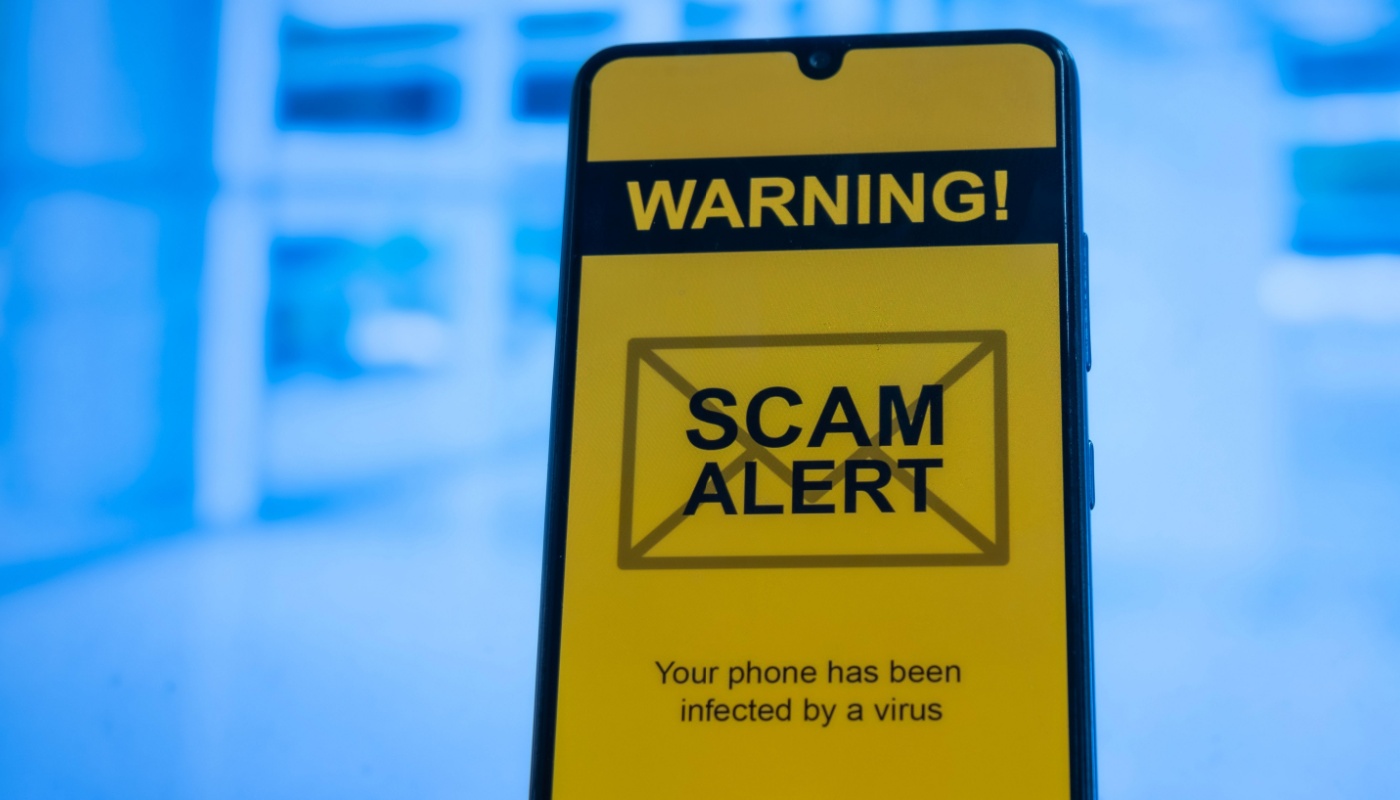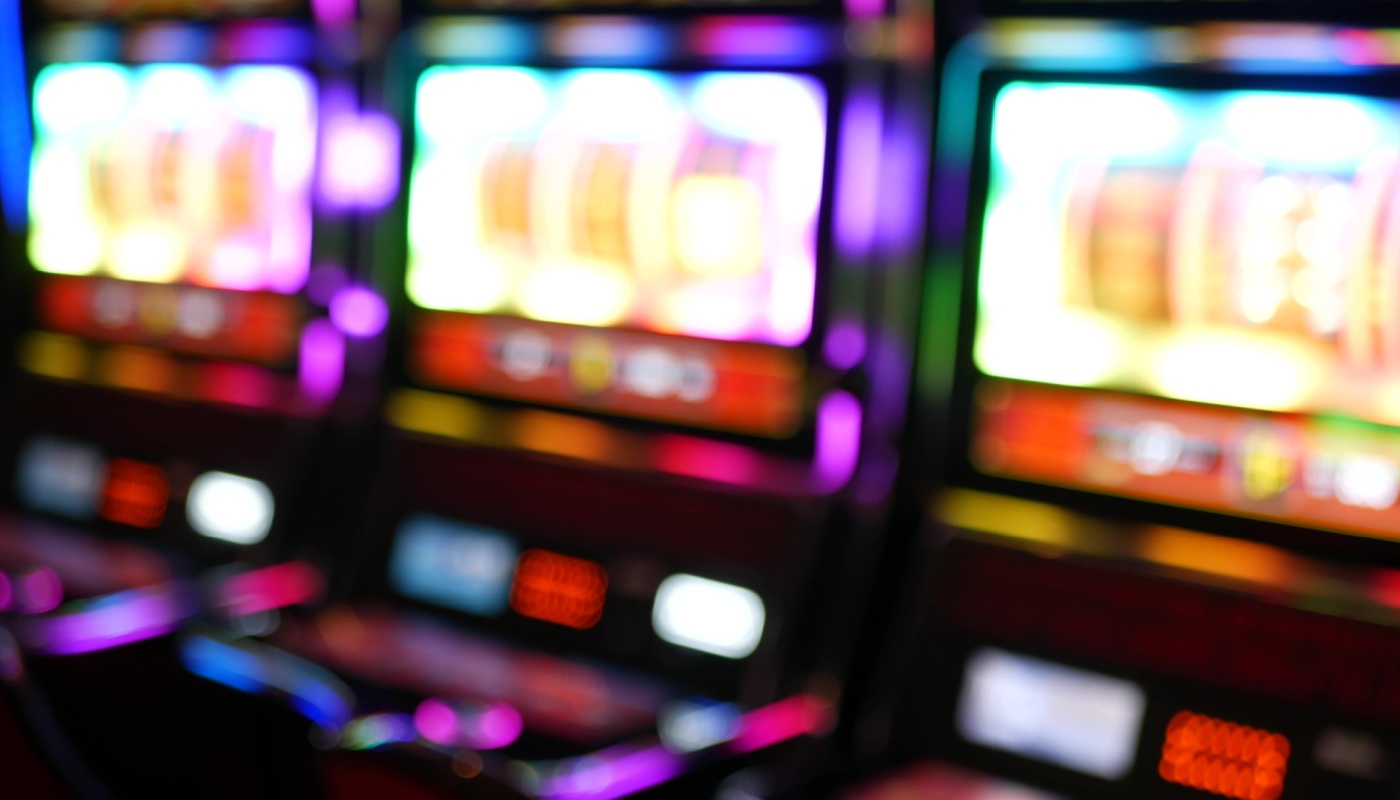
News writer; Opinion columnist
Allen Walker thought he was having the best day of his life. In 2015, the St. Louis resident received a phone call informing him that he had just won $94,000 from the Jamaican sweepstakes. He was told that the only thing he had to do to collect his money was to send in a few thousand dollars to cover the fees and taxes.
So Walker mailed the organizers two checks worth a total of $5,500, but instead of receiving his promised riches, he was told that he had to send in even more money. That was the moment that he realized that he had just fallen for a classic lottery scam.
The FTC estimates that Americans lost over $10 billion to scammers in 2023, a 14% increase over 2022. Lottery, sweepstakes, and prizes were some of the leading techniques used by criminals to defraud people of money. These scams are usually run by sophisticated criminal groups that prey on the feelings of hope and joy people feel when they think they've just won a large sum of money.
That's why it's essential to protect yourself, understand how these scams work, and know the warning signs that someone is trying to use the lottery to steal your money.
Our guide tells you everything you need to know to avoid a scam.
No ticket
According to the FTC, impostor scams were the most common form of fraud in 2023.
In a typical lottery impostor scam, you'll receive a letter, email, phone call, or text pretending to be from a lottery official telling you you've won a significant prize in a lottery or sweepstakes. There will usually be detailed instructions, or a link to click that will tell you how to collect your money. You might even receive a check with your name on it.
The only catch is that you have no memory of buying a ticket or submitting an entry for this particular drawing. Scammers are counting on your excitement over winning to help you forget the inconvenient fact you didn't actually participate in this specific lottery.
That's why our first piece of advice is to know that you can't win a prize for a lottery that you never entered. Unless you purchased a ticket, ignore any notice you receive telling you that you've won.
Additionally, federal law makes it illegal for US citizens to participate in foreign lotteries, so if someone contacts you on behalf of a lottery or sweepstakes in another country, you can be sure it's a scam.
No pay to play
Scammers usually want one of two things from you: your money or your personal information. A typical scam might involve someone sending you a notice that you've won a large prize, but to claim it, you'll need to send money to cover the taxes or fees relating to your award, which is precisely what happened to Allen Walker.
They'll typically request that you send the money through a wire transfer, money order, Bitcoin ATM, or debit or gift card because these methods are more challenging to track, and it's easier for them to get away with your money.
Another tactic is to steal your personal financial information. The scammer might say they're going to transfer the money to you, but they'll need your social security number, credit card information, or bank account numbers.
Remember that no legitimate lottery will ask you to pay money after winning a prize. They may withhold taxes, but you should never have to spend money to receive your winnings.
The same is true of your personal information. Unless you're collecting your money in an official lottery office, never give away any sensitive information to a stranger claiming that you've won a jackpot.
Check the check
Some sophisticated scammers will mail you realistic-looking checks, money orders, or cashier checks. They might even be in the name of legitimate companies, such as Publishers Clearing House. A typical scam will ask you to deposit the check and then send back some of the money in order to collect your prize.
First, remember that no legitimate lottery will ever send you funds unsolicited. To collect even the most minor lottery prize, you must either visit an authorized retailer or collect it through your state's official lottery app.
Also, most legitimate lotteries will only pay out large sums, such as the $90,000 that Walker was told he won if you present your ticket in person at an official state lottery office.
Finally, if you deposit the fake check into your bank account, withdraw funds against it, and the check bounces, you'll be responsible for paying back all of the money you took out.
Stranger danger
Experts say there is always an uptick in lottery scams any time a large prize receives significant media attention. Criminals will often try to use the fame surrounding a big win to trick people out of their money.
For example, after Oregon resident Cheng Saephan won over one billion dollars from the April 6, 2024, Powerball drawing, hundreds of state residents reported receiving text messages allegedly coming from Saephan pledging to give away some of his prize money to ten lucky people.
Individuals receiving the text were told to call a number to receive instructions on transferring the money. Those who called were asked to give up important personal information, including their social security and bank information.
Of course, the texts weren't from Saephan, and the scammers were trying to steal people's identities.
Scammers are also known to create fake social media profiles using the identities of big winners to trick people into thinking they're giving away money. It's very common for lottery scammers to use the names of recent prize winners to convince people that they're legitimate.
Ticking clock
Criminals know that if you spend too much time thinking, you could eventually figure out that you're being scammed. That's why they use fake deadlines to try to force you to act.
For example, they might tell you that you've won one million dollars, but you only have one week left to collect it. They're hoping that by making you send money quickly, you won't take the time to think about your actions.
It's also typical for them to say that you must keep your win confidential and shouldn't tell anyone about it. This prevents you from getting help from trusted friends or family members.
All legitimate American lotteries will give you at least one year from the time of a drawing to collect your prize, and they'll never tell you that you have to keep your win a secret.
How to protect yourself
Even if you're aware of scams and how they work, criminals can be sophisticated and persistent in their attempts to steal your money. That's why it's essential to understand basic techniques for protecting yourself.
- Never give away your personal or financial information to a stranger over the phone or on the internet. A genuine lottery will never ask for your credit card information. The only time you should ever reveal this kind of information is if you are physically in an official state lottery office collecting a large prize.
- Don't trust. Verify. If someone calls you claiming to be from a state lottery office, find the official number on the website and call them back to verify that you are speaking to a real official. Keep in mind that scammers can use a technique known as “spoofing” to make it look like they are calling you from an official number. That's why you should call the number yourself and ask to confirm your win with a representative.
- Multi-state lotteries such as Powerball or Mega Millions will never contact you to tell you that you've won. They wait for winners to step forward before handing out any money. Similarly, no legitimate lottery will ever contact you via text messages, emails, or social media. If you receive an email or letter full of typos and grammatical errors, that's a strong sign that it's not legitimate.
- Wait for the check to clear. Under federal law, banks are required to make funds available to you soon after you deposit them. However, a check can take 10-14 days to clear. That means if the check is fake, you wouldn't know for two weeks after you spent the money, and you'll be responsible for paying back the bank.
- Scammers are known to target the elderly, who are particularly vulnerable to deception. A 93-year-old woman in Tennessee was conned out of over $190,000 by criminals who told her she had won a prize. If you hear an elderly friend or relative discussing a lottery win, try to help them understand if it's legitimate or a scam.
While all of the above information is useful for sniffing out a scam, we'd like to offer one final bit of advice: if something feels too good to be true, it probably is. Everyone dreams of being a million-dollar lottery winner, but unless you're holding a verified lottery ticket in your hand, you probably aren't.




















Comments